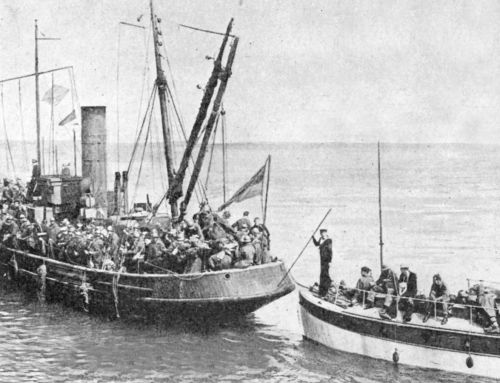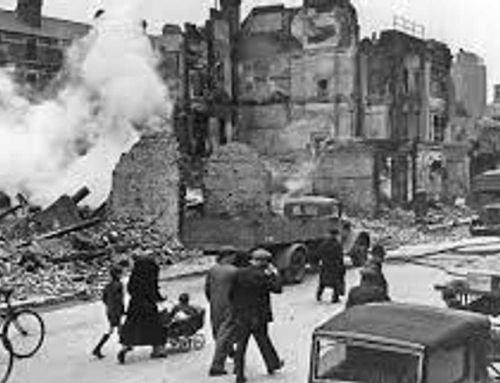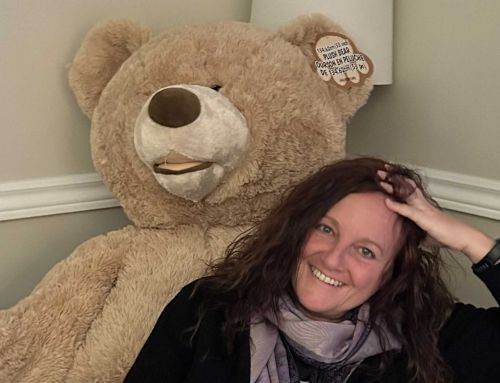So you love to write, you’ve finished your first draft of a short story (or maybe something longer) – but how do you make your work as good as it can be?
A circle of writing friends to nurture and critique your work is fairly important, because we all reach a point where we think our work is as good as it can be, and we can’t see potential weaknesses ay more. But there are a few things you can do for yourself as you start to edit your first draft:
- The ‘was’ edit!
Do a search for the word ‘was’ and replace, where possible, with more direct and active verbs. Consider the difference between:
“The girl was standing by the door, waiting for him to arrive”
and this:
“The girl waited by the door…”
Remove adverbs unless they are absolutely necessary.
“I hate you!” the girl yelled loudly.
Does anyone yell NOT loudly? Most adverbs can be removed if your prose is active and precise enough.
- Generally, use ‘he said’ and ‘she said’. Avoid: he yelled, she gesticulated, he cried, she whispered, he retorted, she responded, etc. Why? Because if your prose is good enough, you won’t need them, and because ‘he said’ and ‘she said’ feels more invisible. Let your reader focus on the dialogue – which should be doing all the work for you.
4. Look for places where you tell the readers things. Highlight every time you do this… then ask if there are ways you can show readers, instead. Don’t tell us your character feels remorseful, regretful, tired. Show us. Your readers are intelligent. If your writing is strong enough they will figure out everything they need to from your prose.
5. Look at the opening section of your first draft. Is the first sentence interesting enough to pull the reader in? Do you plunge into the story? Often, with initial drafts, the first couple of pages (or even more) move the reader towards the story rather than embedding them in it. Ask yourself at what point your story REALLY begins. You should be painting the world of your fiction – and the characters – clearly for the reader, but you should be doing this as the story is underway – not before it gets going. Plunge in, then show us everything we need as your story progresses.
There are other things to consider, of course, when you begin to edit that first draft: character detail, point of view, plot construction, atmosphere, dialogue and more. But start with these five pointers and you will at least begin to build a critical approach to your fiction that will help make it the best it can be.




